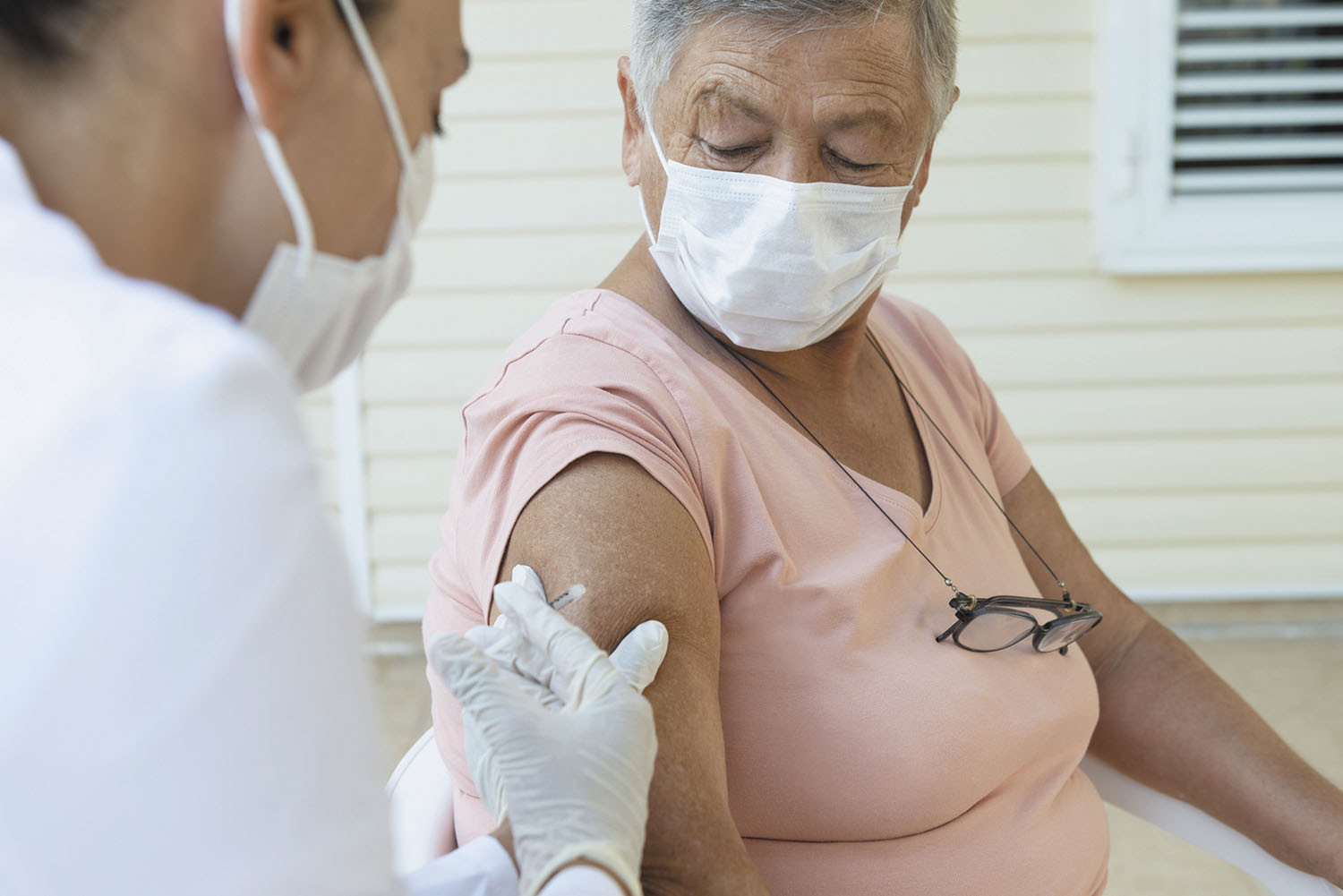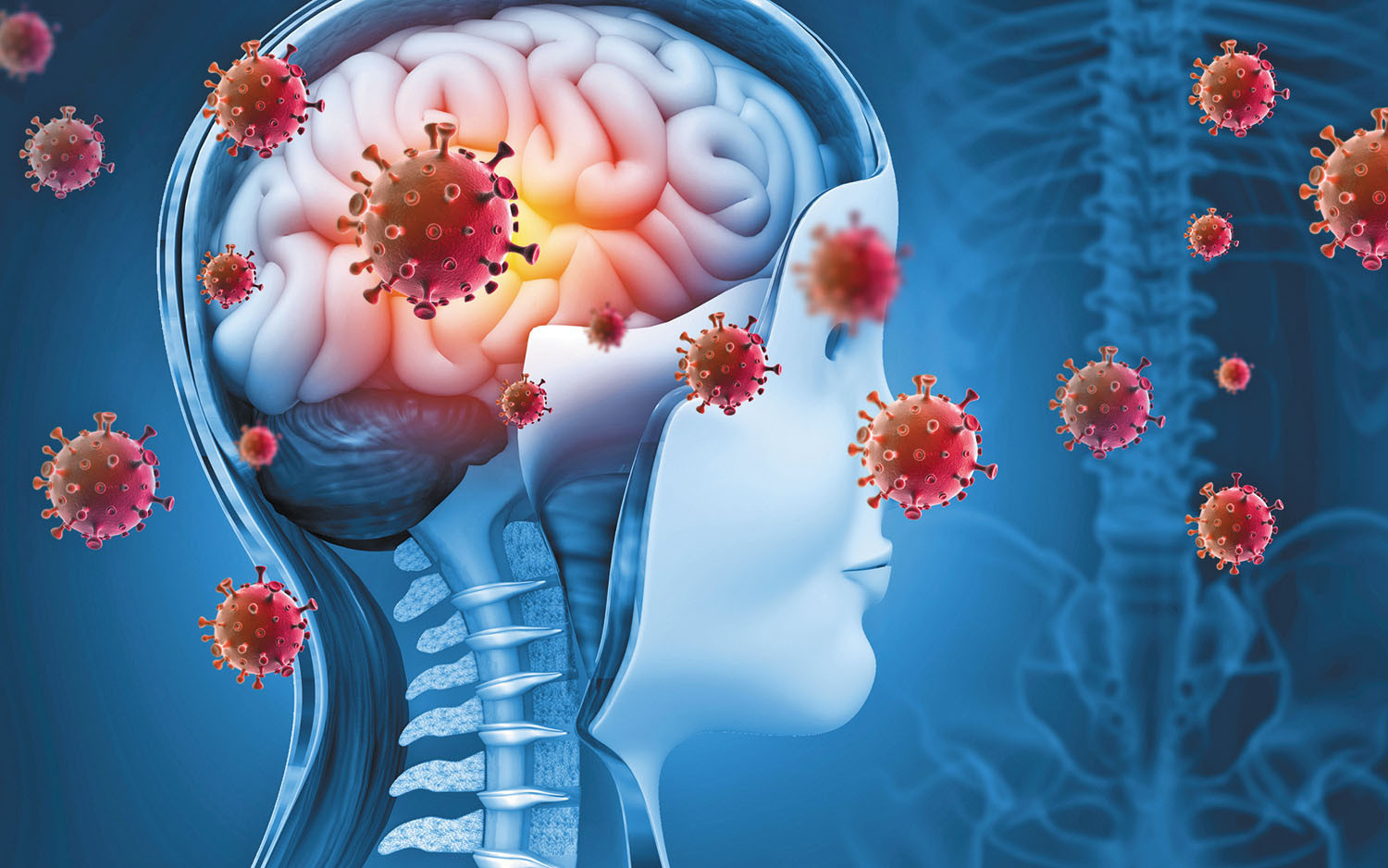Recent Articles

Forearm workouts: Strengthening grip for everyday function

Depression symptoms: Recognizing common and lesser-known symptoms

Medication side effects: What are your options?

Independent living with home care assistance: Balancing autonomy and support

Dialysis: What to expect from this life-changing — and lifesaving — treatment

The BEEP program: Keep your balance

Hoarding: What to know about this mental health disorder

21 spices for healthy holiday foods

Listeria: How to protect yourself from this common cause of food poisoning

Adult day care can benefit older adults and their caregivers
Infectious diseases Archive
Articles
Can we prevent urinary tract infections?
Scientists are testing potential vaccines that aim to prevent urinary tract infections (UTIs). Until then, strategies that may help ward off UTIs include drinking lots of water each day, emptying the bladder after sexual intercourse, using vaginal estrogen creams (for women), wiping front to back after gong to the bathroom (for women), taking a daily long-term, low-dose antibiotic, taking a single dose of an antibiotic after sex (if recurrent UTIs often follow sexual intercourse), or taking cranberry supplements.
Lessons learned from COVID
While the COVID pandemic changed how many people approached their health, the experience offers a teachable moment about how people can maintain new and improved healthy habits. Four areas that were most affected by COVID and enabled people to create positive changes are exercise, diet, medical check-ups, and social connections.
Healthy habits might ward off long COVID
A 2023 study suggests that women who practice many aspects of a healthy lifestyle are about half as likely as women who don't to experience persistent symptoms after a COVID-19 infection.
Babesiosis: A tick-borne illness on the rise
While Lyme disease is the most commonly reported tick-borne illness in the United States, a report from the CDC shows that ticks that cause babesiosis are appearing in more parts of the Northeast and Midwest.
Is biting my nails really that bad?
Nail-biting can introduce germs into people's mouths that can cause a range of illnesses, including colds or salmonella. The habit also creates tiny fissures in skin that can become infected. People who bite their nails should occupy their mouth and hands with other tasks.
Why do we need new flu shots every year?
With influenza virus, a new vaccine must be developed each year to adapt to the virus's changing structure.
COVID-19 or something else?
Many COVID-19 symptoms—such as fever, cough, or muscle aches—overlap with the symptoms of other respiratory conditions, such as influenza, a common cold, or asthma. But there are differences among the conditions. For example, a bout of the flu or a cold will not cause shortness of breath the way COVID-19 will. And while asthma can cause shortness of breath, it won’t cause a fever or body aches the way COVID-19 will. A person who’s experiencing concerning symptoms of respiratory illness should report them to a doctor.
When an infection invades the heart
Although uncommon, heart infections may trigger inflammation that can damage the heart. People should be aware of the risks and symptoms of the three main types: pericarditis (swelling and irritation of the protective, double-layered membrane that surrounds the heart, called the pericardium), myocarditis (inflammation in the middle, muscular layer of the heart), and endocarditis (inflammation that affects the heart’s inner lining or one or more of the heart’s valves).
Does COVID-19 damage the brain?
COVID-19 can damage the brain in many ways. Initially, it can cause brain inflammation that causes confusion, difficulty concentrating, and memory problems. COVID also can cause new psychological disorders such as depression or anxiety. It can even cause people to see and hear things that aren't there and to believe things that aren't true. COVID often damages the brain's autonomic nervous system, leading to abnormalities in heart rate and blood pressure. Additionally, the virus that causes COVID can infect and injure the lining of blood vessels and make blood clot more easily, which can lead to strokes and heart attacks.
Shingles linked with higher risk for heart disease and stroke
People who have had shingles have a 30% increased risk for heart disease and stroke, says a new Harvard study. Learn more about the risk.
Recent Articles

Forearm workouts: Strengthening grip for everyday function

Depression symptoms: Recognizing common and lesser-known symptoms

Medication side effects: What are your options?

Independent living with home care assistance: Balancing autonomy and support

Dialysis: What to expect from this life-changing — and lifesaving — treatment

The BEEP program: Keep your balance

Hoarding: What to know about this mental health disorder

21 spices for healthy holiday foods

Listeria: How to protect yourself from this common cause of food poisoning

Adult day care can benefit older adults and their caregivers
Free Healthbeat Signup
Get the latest in health news delivered to your inbox!
Sign Up











